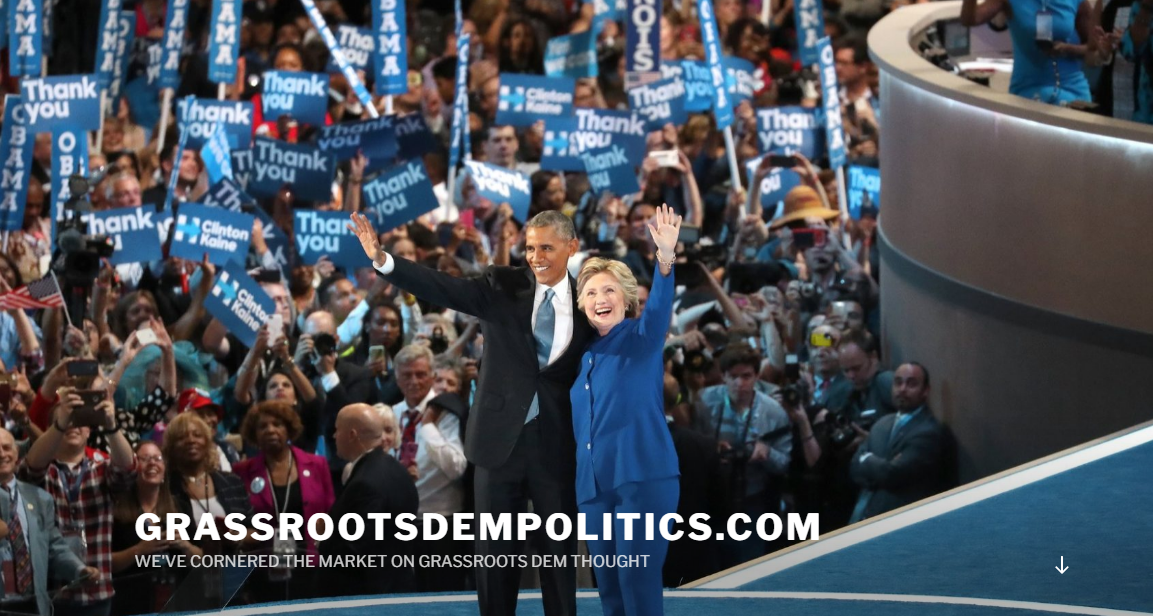Please consider $upporting GDPolitics by scanning the QR code below or clicking on this link

Appearing on MSNBC’s All In with Chris Hayes, Congressman Ro Khanna (D-CA) leveled a blistering charge at President Donald Trump — accusing him of protecting what he called the “Epstein class” rather than standing up for working Americans struggling to make ends meet. The phrase quickly caught fire online, and it’s now taking on new weight amid fresh controversy in Washington and inside the federal prison system.
Khanna’s remarks came as pressure mounts on House Speaker Mike Johnson (R-LA) over his continued delay in swearing in Congresswoman-elect Adelita Grijalva of Arizona. Grijalva, a progressive Democrat, has been open about her plan to become the decisive 218th vote to compel the Trump administration to release the long-withheld Epstein files. Johnson’s refusal to seat her — even after certification of her election — has drawn criticism from both Democrats and watchdog groups who see the move as an attempt to block her role in advancing the Epstein disclosure measure.
After weeks of backlash, Johnson has now committed to swearing Grijalva in on Wednesday, November 12, 2025, when the House reconvenes to deliberate on a Senate measure to reopen the government. The timing has only intensified speculation that the Speaker’s delay was politically motivated.
Meanwhile, another development has reignited public scrutiny over how the powerful continue to benefit from special treatment. Ghislaine Maxwell — Epstein’s longtime associate who is serving a 20-year sentence for her role in his sex-trafficking network — was quietly transferred from a Florida federal facility to a much softer minimum-security prison camp in Bryan, Texas. The transfer raised immediate red flags, as such privileges are rarely extended to those convicted of serious sex crimes.
Reports from inside the Texas prison suggest Maxwell is enjoying unusually favorable treatment, including lenient oversight and staff attention that other inmates say border on favoritism. Members of Congress are now demanding a formal investigation into possible corruption or political interference in the Bureau of Prisons’ decision-making.
For Khanna and others calling for transparency, the timing couldn’t be more damning. A president who campaigned on exposing Epstein’s network has yet to release the files; his allies in Congress have stalled the one member most eager to force disclosure; and the central figure in Epstein’s trafficking ring appears to be enjoying preferential treatment behind bars.
Until those Epstein files are made public — as Trump once promised — the perception that his administration is shielding the powerful rather than serving the people will only deepen. As Khanna put it, Trump looks less like the champion of the “forgotten man,” and more like the guardian of the “Epstein Class.”
